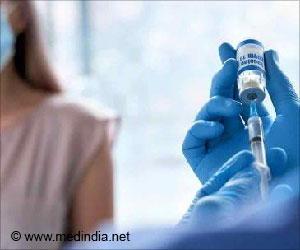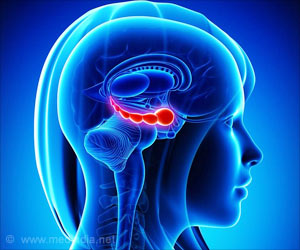Immunosuppressive therapy decreases immune response to both pathogens and vaccines. Many organ transplant recipients usually do not develop antibodies against SARS-CoV-2, the virus that causes COVID-19, after receiving an authorized COVID-19 vaccine regimen.
The objective of this study is to determine whether a third dose of one of the mRNA COVID-19 vaccines could overcome this problem for at least some kidney transplant recipients.
This population has a high prevalence of conditions that are risk factors for severe COVID-19, such as cardiovascular disease and diabetes.
The pilot study could help distinguish those kidney transplant recipients who would benefit from a third dose of an mRNA vaccine from those who will require a different approach to achieve protection.
The study findings inform a larger phase of the trial that includes strategies to induce a protective immune response against SARS-CoV-2 in solid organ transplant recipients who do not respond to a third dose of an mRNA vaccine.
The third-dose vaccine intervention was chosen because of the demonstrated safety of the two-dose mRNA vaccine regimen in solid organ transplant recipients as well as the efficacy of additional doses of other vaccines, such as those for hepatitis and influenza, in immunocompromised people.
The study called COVID Protection After Transplant (CPAT), is being conducted at Johns Hopkins University in Baltimore under the leadership of Dorry Segev, M.D., Ph.D. Dr. Segev is the Marjory K. and Thomas Pozefsky professor of surgery and epidemiology, associate vice chair of the department of surgery, and director of the Epidemiology Research Group in Organ Transplantation at Johns Hopkins University.
The team will enroll up to 200 adults ages 18 years or older who received a kidney transplant a year or more prior to enrollment and have had no recent organ rejection or change in immunosuppression.
50 and 100 participants will have had no detectable antibody response to two doses of an mRNA COVID-19 vaccine, and 50 to 100 participants will have had a low response. All participants will receive a third dose of the same COVID-19 vaccine that they received previously.
Investigators will measure antibody response to the third dose after three days. They will determine the proportion of participants who achieve a designated antibody response at the 30-day mark.
The study team will follow participants for one year after enrollment. Preliminary results are expected in September 2021.
Source: Medindia



